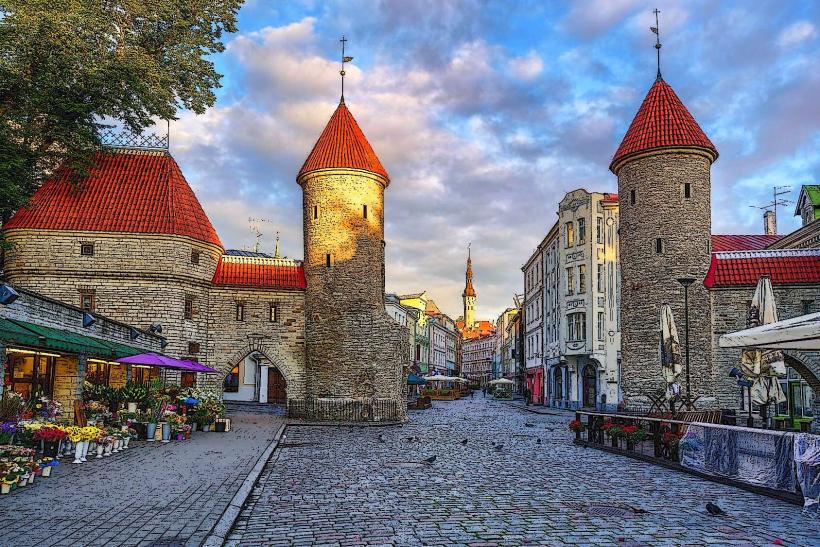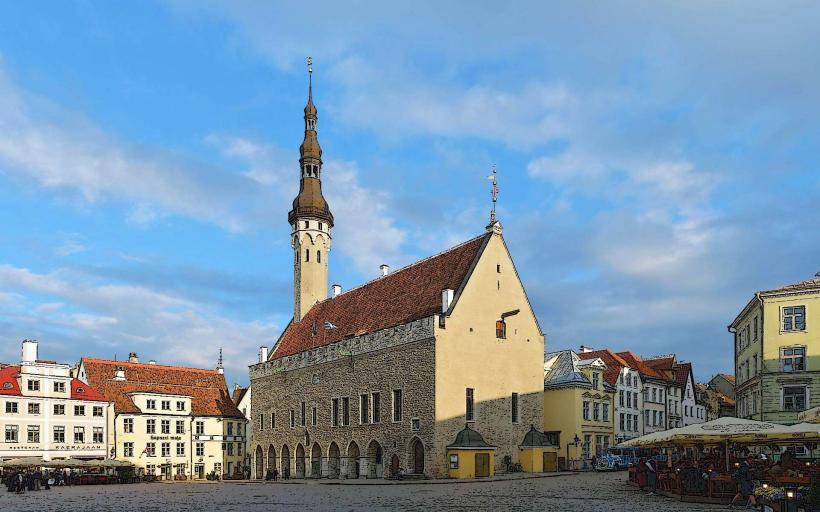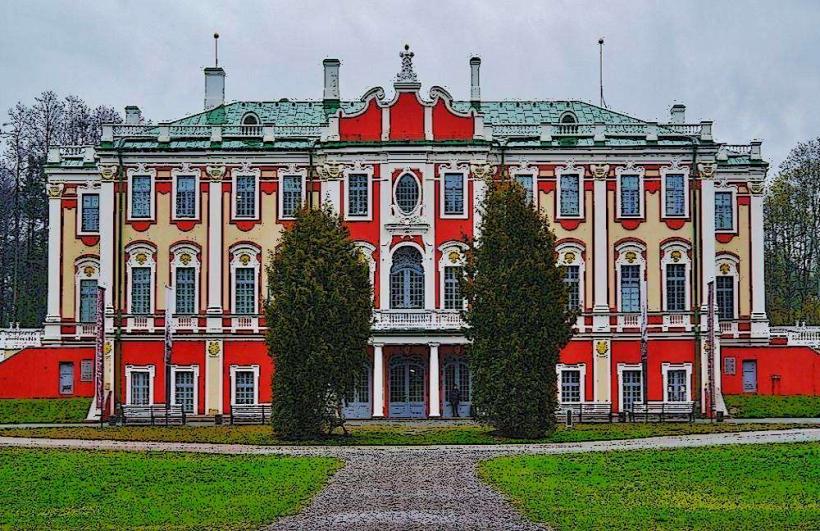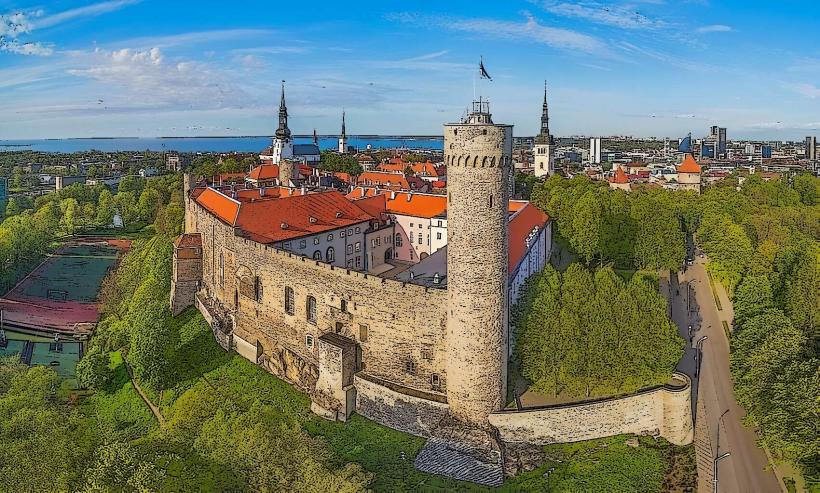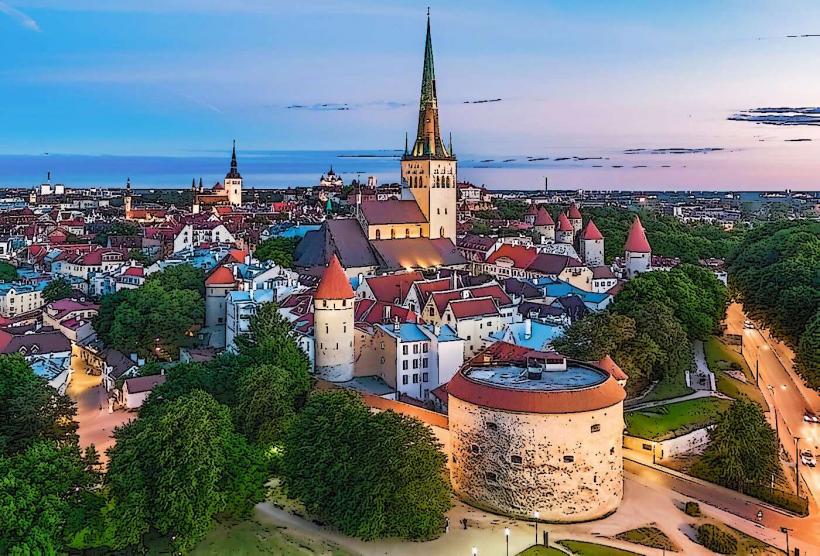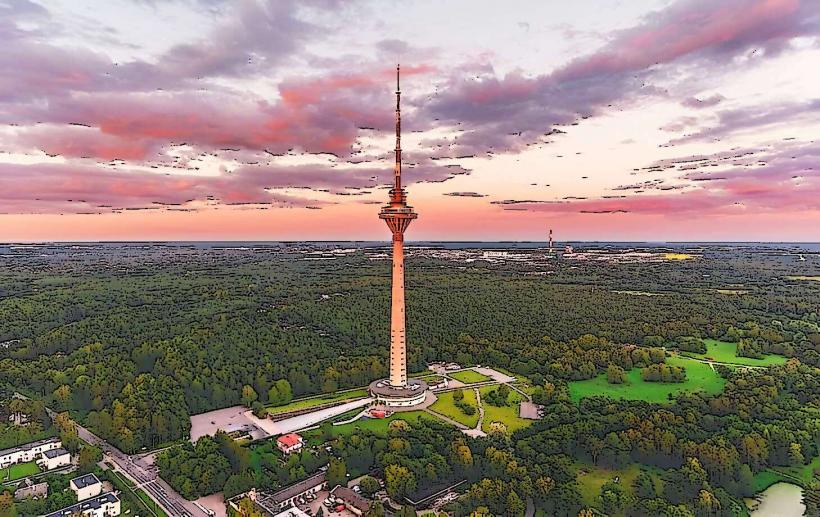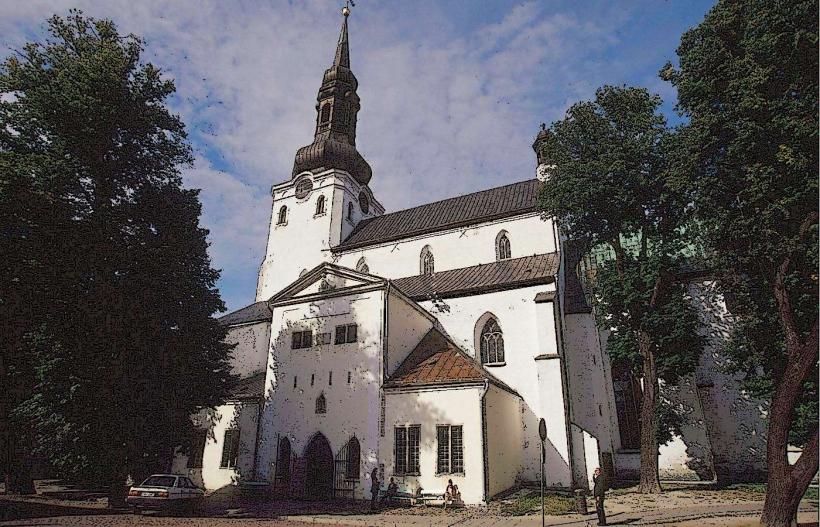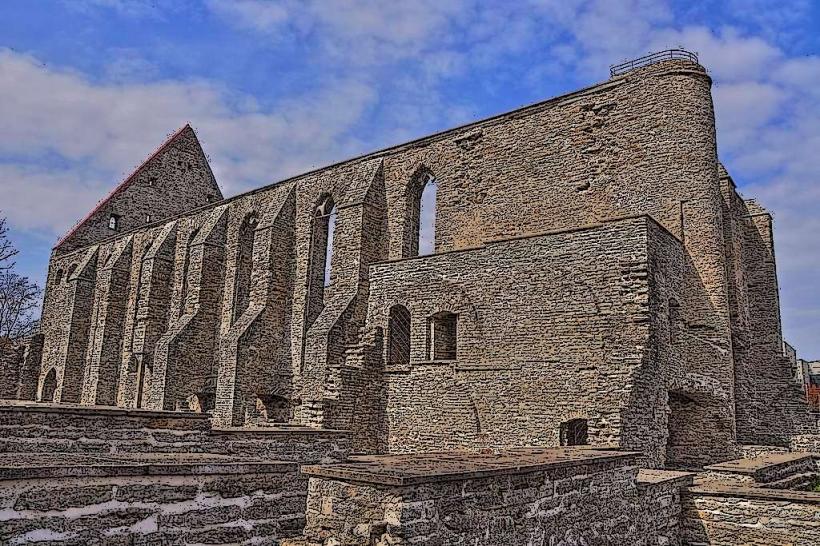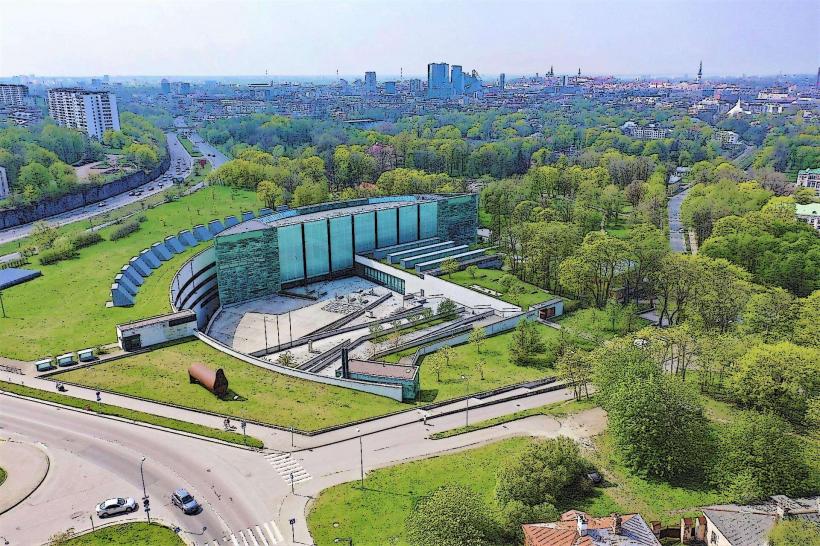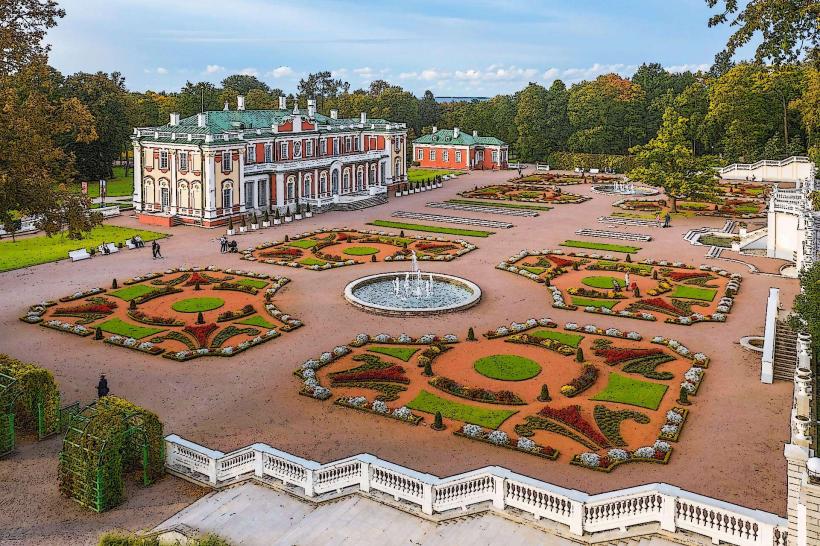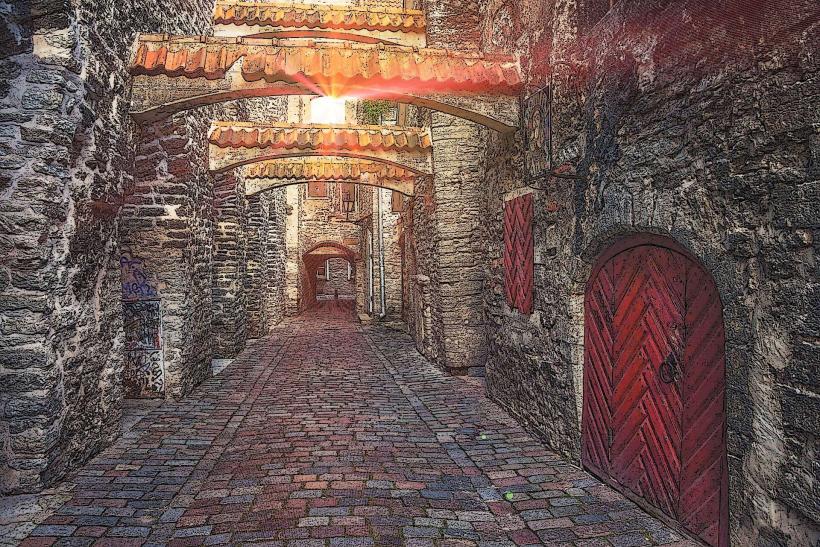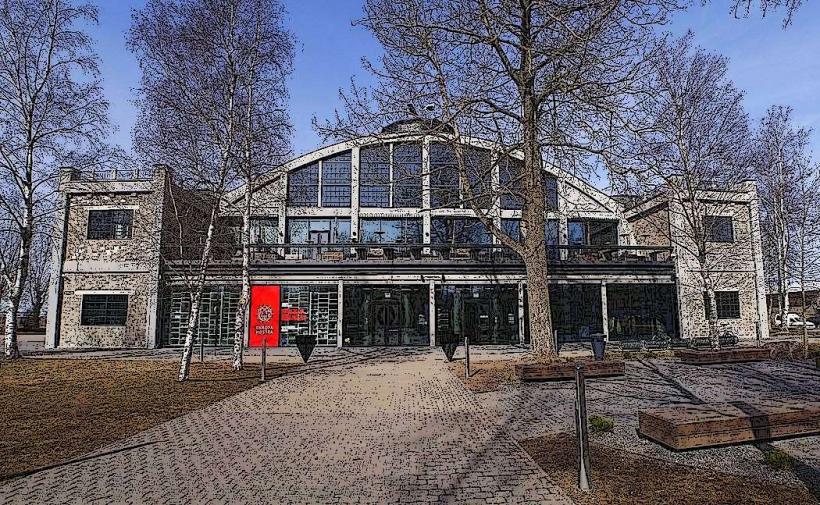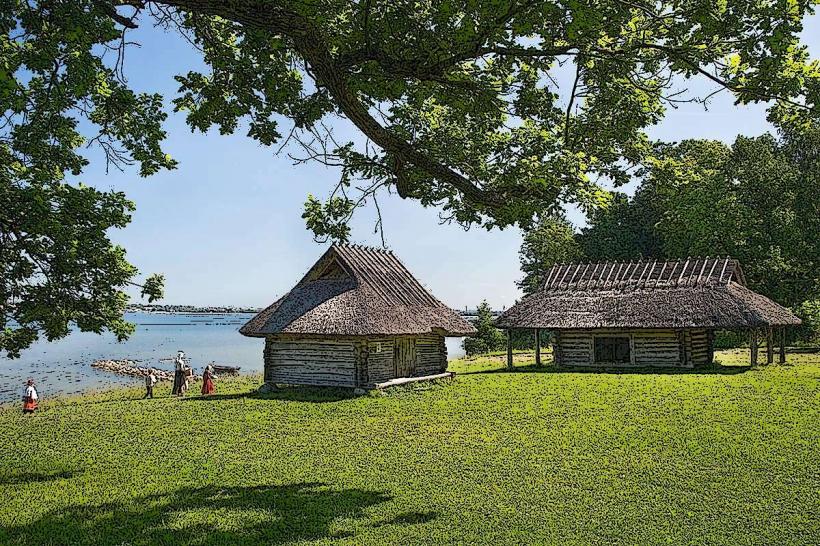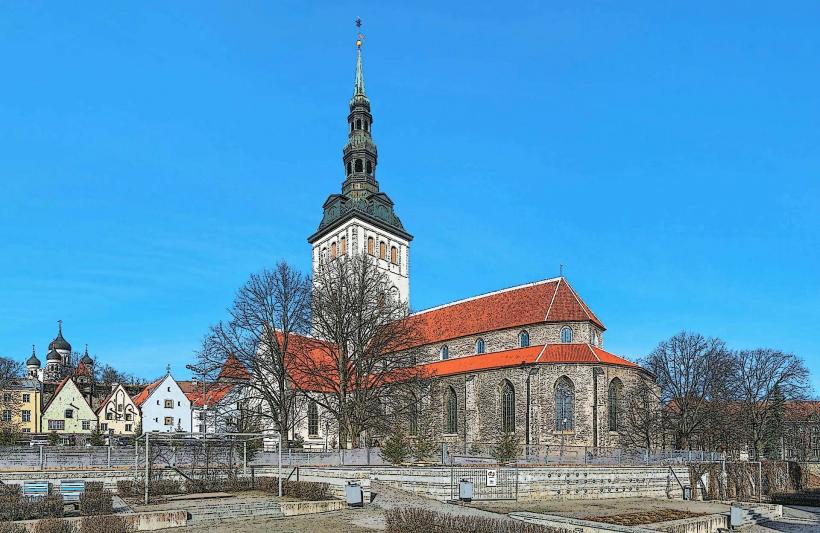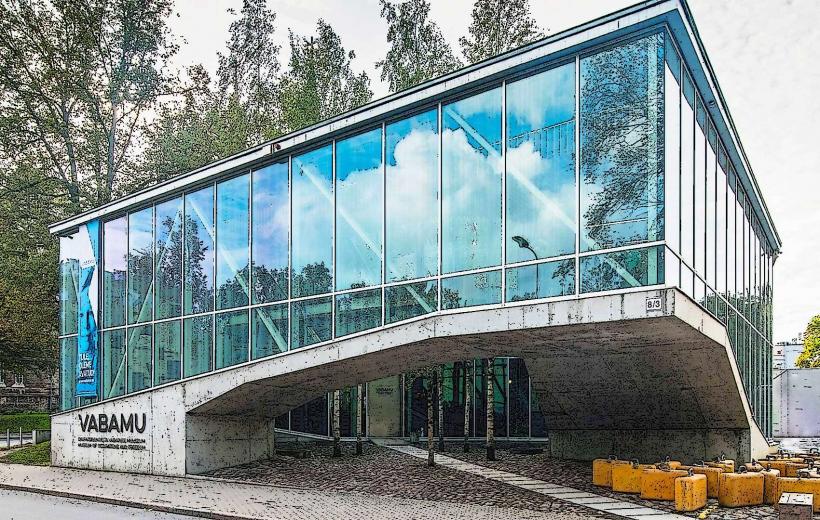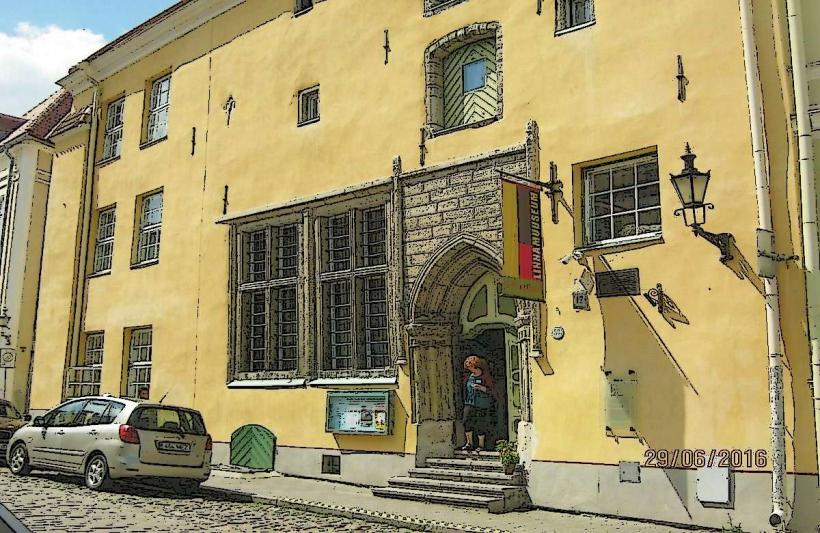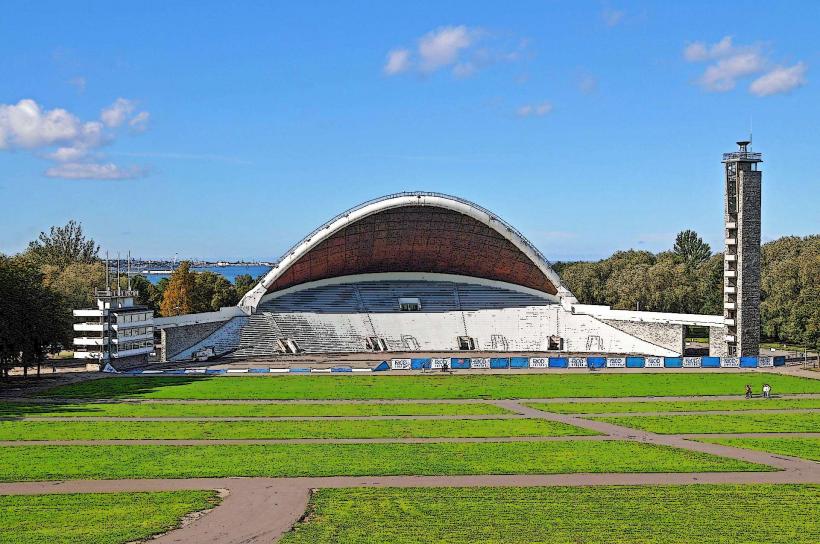Information
Landmark: Tallinn ZooCity: Tallinn
Country: Estonia
Continent: Europe
Tallinn Zoo is one of the most prominent attractions in Tallinn, Estonia, offering visitors a unique opportunity to explore a wide variety of animal species in a lush, natural environment. Located in the western part of the city, near the Kloostrimetsa forest, the zoo is both a place of conservation and a popular recreational spot for families and nature lovers.
Here’s a detailed look at Tallinn Zoo:
History and Development
Foundation and Early Years:
- Tallinn Zoo was founded in 1939 and initially opened its doors in the Kloostrimetsa area, which is located on the edge of the city. The zoo began with a modest collection of animals but quickly grew as it gained popularity among the residents of Tallinn and visitors.
- Over the decades, the zoo has undergone significant development, expanding its collection and improving its facilities to meet modern standards of animal care, conservation, and public education.
Expansion and Modernization:
- Tallinn Zoo’s growth has been marked by several key expansion projects. The zoo has expanded its grounds and built new exhibits, improving the space and environment for the animals and creating more interactive, educational, and enjoyable experiences for visitors.
- One of the most notable modern developments has been the construction of the African savannah and the Eurasian forest exhibits, which replicate the natural habitats of the animals living within them.
Animal Exhibits and Collections
Tallinn Zoo houses a diverse range of animals from around the world, with a strong focus on preserving endangered species and educating the public about the importance of wildlife conservation.
Themed Zones and Exhibits:
- The zoo is divided into several themed zones, each designed to represent a different natural habitat. Key areas include:
- The African Savannah: Featuring animals like giraffes, zebras, antelope, and meerkats, this area replicates the vast, open plains of Africa.
- The Eurasian Forest: Home to species native to the northern parts of Europe and Asia, including wolves, lynxes, bears, and moose.
- Tropical House: A lush, climate-controlled indoor exhibit showcasing tropical species, such as monkeys, birds, reptiles, and various types of plants.
- The Central Asia Zone: A new addition showcasing species like the snow leopard, wild boar, and camels.
Endangered Species:
- Tallinn Zoo is committed to the preservation of endangered species, and its breeding programs are essential for maintaining biodiversity. Some of the rare species at the zoo include the Amur leopard, Siberian tiger, and European bison.
- The zoo collaborates with other international conservation organizations to ensure the survival of these species and has been recognized for its success in breeding and preserving endangered animals.
Aquarium and Reptile House:
- The zoo’s aquarium is home to a variety of freshwater and marine species, from tropical fish to aquatic reptiles and amphibians.
- The reptile house features a range of snakes, lizards, and turtles, including some species that are considered rare and vulnerable.
Visitor Experience and Activities
Animal Encounters:
- Visitors can enjoy a range of interactive activities at Tallinn Zoo, such as animal feedings and keeper talks, where zookeepers provide insights into the lives and behaviors of the animals.
- The zoo also organizes special events for families and children, including workshops, educational programs, and hands-on exhibits that allow visitors to learn more about wildlife conservation and animal care.
Playgrounds and Facilities:
- Families with young children will appreciate the playgrounds scattered throughout the zoo, providing fun and entertainment for kids. There are also plenty of picnic areas and cafes, making it a great place to spend an entire day.
- The zoo is well-equipped with amenities like bathrooms, parking, and gift shops, which offer a variety of animal-related merchandise and souvenirs.
Accessibility:
- Tallinn Zoo is easily accessible by public transport from the city center, with several bus routes and a tram stop nearby. For visitors driving their own cars, ample parking is available near the entrance.
- The zoo’s layout is designed to accommodate visitors of all ages and mobility levels, with paved paths and ramps making it accessible for wheelchair users and families with strollers.
Conservation Efforts
Breeding Programs:
- Tallinn Zoo plays a vital role in international breeding programs aimed at preserving endangered species. The zoo is part of the European Endangered Species Programme (EEP), which works to maintain healthy, sustainable populations of rare species in captivity.
Educational Role:
- The zoo is not just a recreational space; it also serves as a significant educational institution, teaching visitors about wildlife and the importance of protecting endangered species. The zoo regularly organizes workshops and lectures for schools and university groups, as well as environmental campaigns to raise awareness about climate change, habitat loss, and biodiversity.
Sustainable Practices:
- Tallinn Zoo is committed to sustainable practices, including the use of eco-friendly materials in its construction and the implementation of energy-efficient systems for heating and lighting. The zoo has also been involved in local wildlife preservation efforts, working with local conservation groups to protect Estonian species in the wild.
Best Time to Visit
- Spring and Summer (April to September) are the best times to visit Tallinn Zoo, as the weather is warm and the animals are more active. The zoo is particularly vibrant during the summer, when many of the outdoor exhibits are in full bloom.
- Autumn (October to November) can be a quieter time to visit, with fewer tourists and cooler weather. This is an excellent time for those who prefer a more peaceful experience.
- Winter (December to February) offers a more serene atmosphere, but it can be cold, and some outdoor exhibits may be less active due to the chilly temperatures.
Conclusion
Tallinn Zoo is a wonderful blend of wildlife conservation, education, and recreation. With its wide variety of animal species, commitment to preserving endangered wildlife, and scenic setting near the Kloostrimetsa forest, it offers a fun and informative experience for visitors of all ages. Whether you're interested in observing rare animals, learning about conservation efforts, or simply enjoying a family day out, Tallinn Zoo provides a memorable experience that is both educational and enjoyable.

